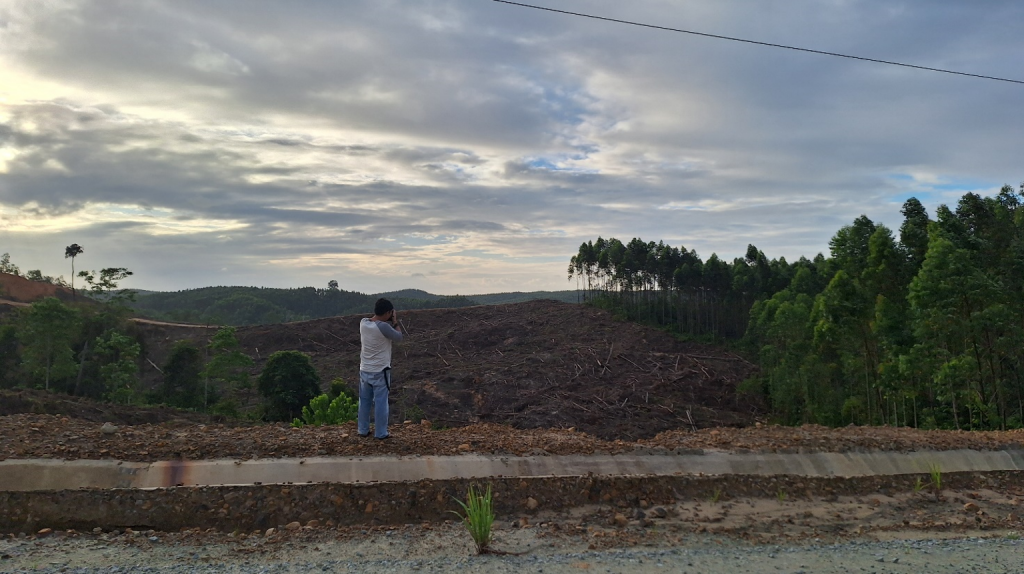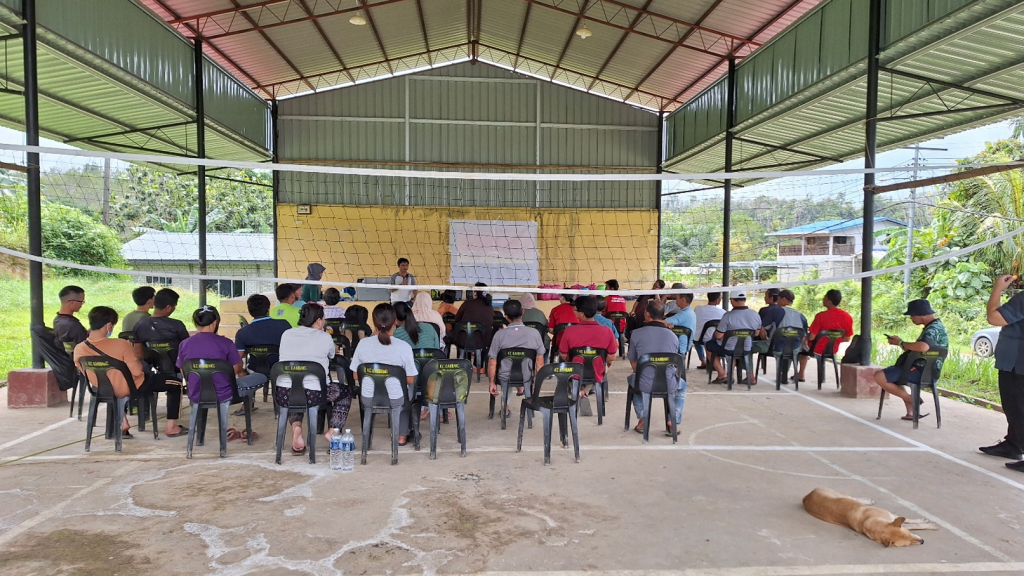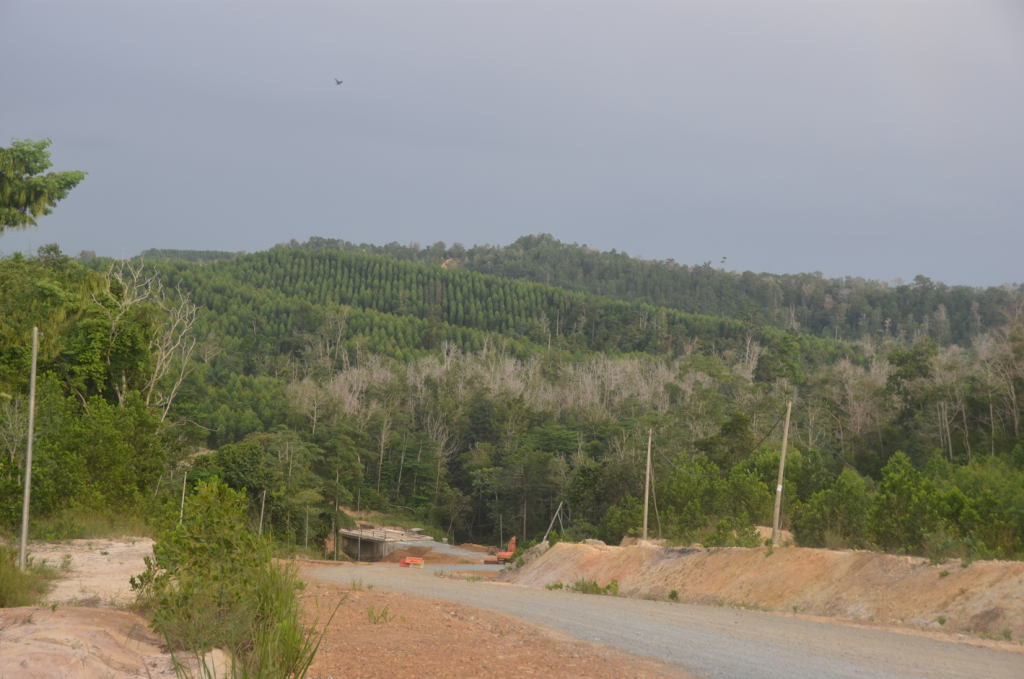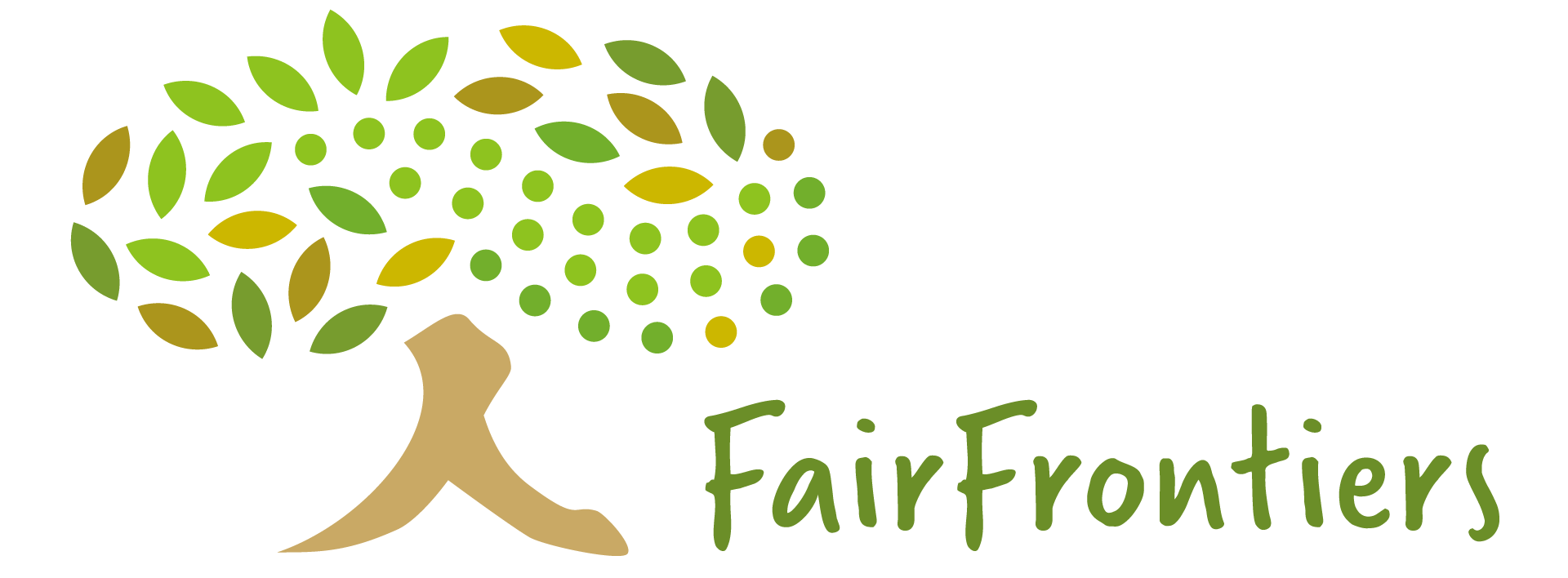In the pursuit of combating global climate change, investors worldwide have turned their attention to the forestry sector. With forests now considered a viable asset class, large-scale investments are pouring into what is often termed as “sustainable plantation forests” or “nature-based solutions.” This trend has significant implications, not only for the environment but also for local livelihoods in regions like Sabah, Malaysian Borneo.
The state of Sabah, renowned for its rich biodiversity and natural beauty, has undergone dramatic changes in its landscape – it currently hosts 1.51 million hectares of oil palm plantations, making Sabah the producer of 6% of global output of palm oil (in 2021, WWF Malaysia1). According to UNDP, the oil palm sector is the fourth largest contributor to the national economy of Malaysia and employs nearly a million people2.
For Sabah’s 30,000 oil palm smallholders, it is an important source of livelihood as well as an important strategy to “hold” their lands in situations where land rights are sometimes unclear. However, according to some forestry experts I spoke to during my field work in Sabah in the beginning of 2024, Sabah has reached its limit for oil palm expansion – there is potential to expand the plantation area by only around three to five percent.
So, what’s next?
Sabah’s ambitious plan “Forest Plantation Development Action Plan 2022-2036” aims to expand industrial tree plantations (ITPs) from the current 160,000 hectares to 400,000 hectares by 2036. The plan is to establish the plantations in degraded forest areas within production forest reserves. The development plan reflects a shift towards fast-growing species like eucalyptus and acacia, which are favored by investors seeking quick returns for their investment. According to Sabah state representatives, the strategy will reduce down-stream timber industries’ dependency on natural forests for its raw materials, and in doing so, protects the natural forests. While this move promises economic growth, it raises questions about its long-term impact on the environment and local communities.

In Pitas, Bengoka Peninsula—one of the study sites of FairFrontiers—the presence of industrial tree plantations threatens water sources and has exacerbated the region’s existing drought conditions. The concerns about water were brought up by many of my interviewees. “In Pitas you will learn to appreciate water,” said one interviewee, referring to the occasional water shortages the region faces. Yet, it’s not just the water sources that are affected by industrial tree plantations. The forest cover has diminished as natural forest was cleared by a plantation company to plant acacia and eucalyptus for purposes that are not clear to the villagers. A government-led, failed shrimp farm venture polluted the waters where villagers went for fishing. Along with the disappearing forest, the indigenous Rungus, Tombonuo and Bajau communities have witnessed the loss of food sources, medicinal plants and other natural resources that form an important part of their cultural heritage and traditional way of living.
G20 fights back
Visiting the Bengkoka Peninsula, one of the poorest regions in Malaysia, it is difficult to see what exactly has developed. According to the villagers, not much. I see that the roads that go through the vast tree plantations are in good shape, and the internet connection on my phone works inside the plantation, unlike in the village. I learn that employment opportunities in the plantation are scarce, and the school and hospital that plantation companies have established in the region are only accessible for company employees. The unequal benefits have created tensions in villages, as some households received employment while some have not.

More to that, the communities are in the middle of an unresolved land conflict against the plantation authorities. Communities are trying to reclaim their customary land that was overtaken by plantations. To fight for their land rights, a coalition of 16 villages called G16 was formed. Four villages later joined, and the group is now called G20. In 2017, the group won a court case against the plantation authorities over their land rights; despite this, the conflict is ongoing as of 2024. The village youths have organized their own unit of G20 and use creative ways to claim their customary land—the group uses geographic information system (GIS)-based applications on their smartphones to map the boundaries of their customary land as well as the plantation company’s activities such as locations of FSC certified plantations, and encroachment into community farmlands. All this creates valuable data to support their land claims.

Let Sabah Prosper
As the landscape transforms, the indigenous communities of Sabah are adapting different ways to preserve their ways of life. While small-holder agriculture presents an income source for many families, some are exploring alternative avenues such as ecotourism and the commercialization of traditional practices like edible bird nest gathering. Yet, the people I interviewed for my research project mostly agreed that foreign investment is important for the development of the region. The State’s development plan “Sabah Maju Jaya” (“Let Sabah Prosper” in Malay) is a roadmap that focuses on agriculture, human capital, and people’s well-being, among other sectors and aims to create prosperity to all Sabahans. However, the industrial sector’s failure to deliver promised development outcomes, especially for indigenous communities, shows the need for a more inclusive approach to what is called “prosperity”.
Sources:
- WWF Malaysia, 2021. Sabah: A Global Leader in Sustainable Palm Oil. https://www.wwf.org.my/?28486/Sabah-A-Global-Leader-in-Sustainable-Palm-Oil ↩︎
- UNDP, 2023. Palm Oil Production in Sabah, Malaysia, and what it means for Water and Food Security. https://www.undp.org/malaysia/stories/palm-oil-production-sabah-malaysia-and-what-it-means-water-and-food-security ↩︎
Blog written by: Niina Pietarinen, Doctoral Researcher at University of Helsinki
